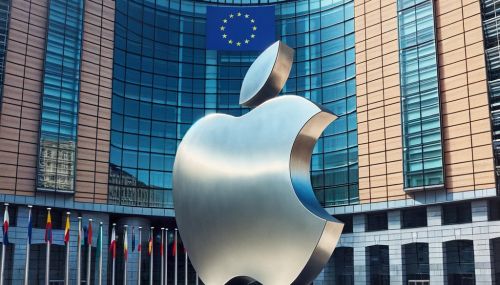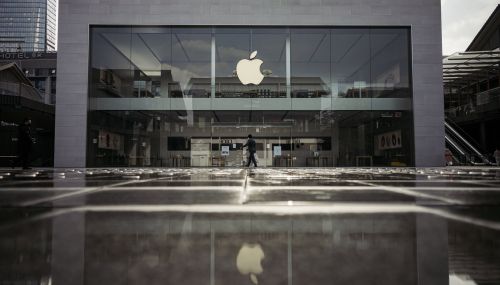British Gov's Bold Move: Demanding World-Wide iCloud Backdoor from Apple
British government secretly demands Apple create a global iCloud backdoor, sparking privacy concerns and likely legal battles.

British Government Demands iCloud Backdoor from Apple
Overview
It has been reported that the British government secretly ordered Apple to create a security backdoor into all content uploaded by iCloud users globally. The order, issued last month, requires a blanket capability to view fully encrypted material, marking an unprecedented demand in major democracies.
Details of the Demand
- Nature of the Order: The British government has demanded that Apple provide a backdoor allowing security officials to retrieve all content uploaded by iCloud users worldwide. This includes access to end-to-end encrypted (E2EE) data, which Apple does not have the keys for.
- Precedent and Similar Cases: This demand is reminiscent of the 2016 standoff between Apple and the FBI over an iPhone belonging to a suspected shooter. In that case, Apple refused to create a backdoor, leading to a legal battle that ended when the FBI gained access through a third-party company.
Apple's Likely Response
- Strong Privacy Stance: Given Apple’s steadfast commitment to user privacy, it is highly unlikely the company will comply with this demand. Apple has previously refused similar requests, including one from the British government in 2023 to access iMessages and FaceTime calls, both of which are E2EE.
- Potential Consequences: The refusal could lead to a legal battle similar to the one with the FBI. Apple has also indicated it would withdraw services from the UK rather than compromise user privacy.
Legal Mechanisms in Place
- Court Orders: There are already established legal mechanisms for law enforcement agencies to request specific data through court orders. Judges balance the interests of justice against privacy, making individual determinations based on specific circumstances.
Criticism and Commentary
- Civil Liberties Concerns: The demand has been widely criticized as an invasion of civil liberties. It is seen as technically unfeasible given the use of E2EE and unnecessary due to existing legal mechanisms for data access.
- Past Actions: Both current and past UK governments have voted in favor of repressive legislation granting widespread surveillance powers, not just within the UK but globally.
Conclusion
The British government’s demand is considered both technically clueless and outrageous. Apple's refusal is almost certain, and the situation could escalate into a significant legal dispute.
Latest News

xBloom
xBloom Studio: The Coffee Maker That Puts Science in Your Cup
8 months ago

Motorola
Moto Watch Fit Priced at $200: Is It Worth the Cost for Fitness Enthusiasts?
8 months ago

iOS
iOS 18's Subtle but Significant Privacy Boost: Granular Contact Sharing Control
8 months ago

Google
Walmart Unveils Onn 4K Plus: The Affordable $30 Google TV Streaming Device
8 months ago

Apple
Judge Forces Apple to Comply: Epic Games' Fortnite Returns Hinge on Court Order
8 months ago

OnePlus
OnePlus Unveils the ‘Plus Key’: Is It Just an iPhone Knockoff or Something Revolutionary?
8 months ago